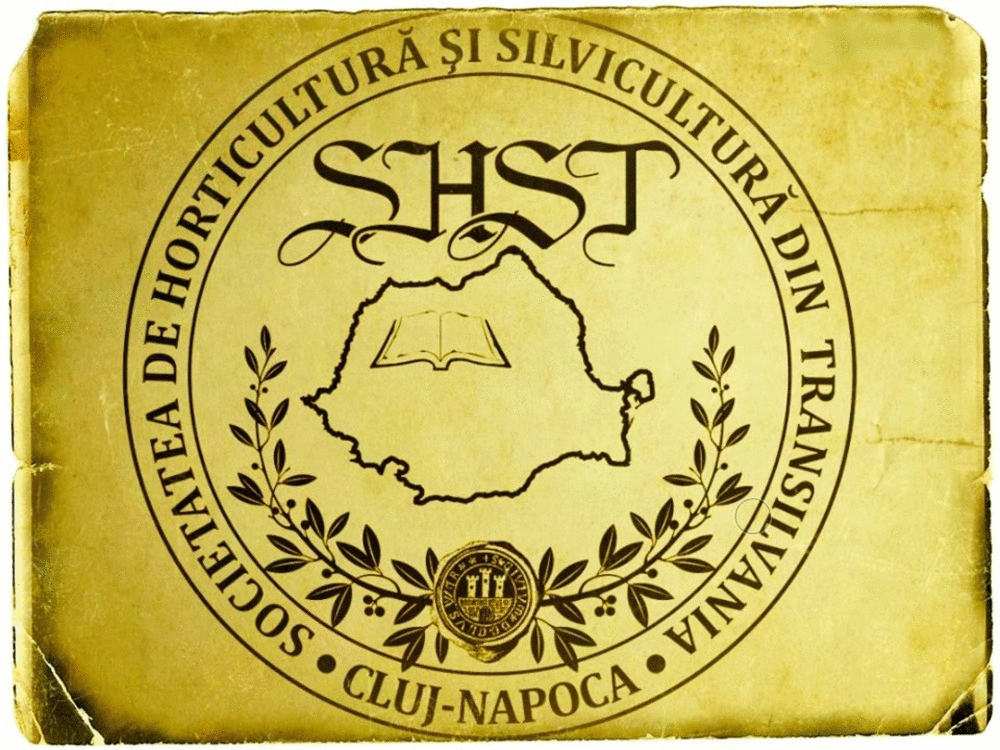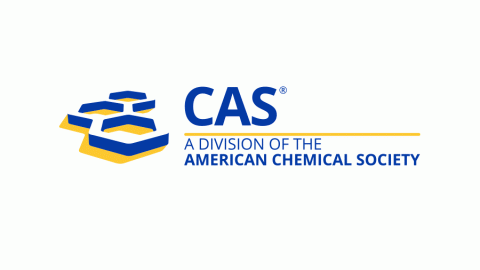The Effect of Halopriming and Salicylic Acid on the Germination of Fenugreek (Trigonella foenum-graecum) under Different Cadmium Concentrations
DOI:
https://doi.org/10.15835/nsb739563Keywords:
heavy metal; seedling; seed priming; root; vigorAbstract
The hereby study was based on a factorial experiment conducted in a completely randomized design with four replications, at Agriculture College, Shahrekord University, Iran, in 2014. The role of salicylic acid (SA), potassium nitrate (KNO3) and potassium chloride (KCl) was evaluated on seed germination of fenugreek (Trigonella foenum-graecum L.) under different cadmium concentrations. Treatments included four levels of seed priming (no priming, potassium chloride, potassium nitrate, salicylic acid) and four levels of cadmium concentration (0, 10, 20, 30 mg/L). Cadmium chloride caused a significant inhibition in germination percentage, root elongation, shoot elongation and seedling dry weight. The shoot length was more sensitive to cadmium concentrations than the root length. Primed seeds with SA (100 mg/L) proved protection against Cd stress and increased the germination percentage, root elongation, shoot elongation and dry weight of seedlings compared to the control treatment. Seeds treated with SA alleviated the Cd negative effect on germination parameters. In conclusion, using seed priming with salicylic acid can be recommended as a good technique for fenugreek crop on fields exposed to high cadmium toxicity.
Metrics
Downloads
Published
How to Cite
Issue
Section
License
Papers published in Notulae Scientia Biologicae are Open-Access, distributed under the terms and conditions of the Creative Commons Attribution License.
© Articles by the authors; licensee SMTCT, Cluj-Napoca, Romania. The journal allows the author(s) to hold the copyright/to retain publishing rights without restriction.
License:
Open Access Journal - the journal offers free, immediate, and unrestricted access to peer-reviewed research and scholarly work, due SMTCT supports to increase the visibility, accessibility and reputation of the researchers, regardless of geography and their budgets. Users are allowed to read, download, copy, distribute, print, search, or link to the full texts of the articles, or use them for any other lawful purpose, without asking prior permission from the publisher or the author.













.png)















